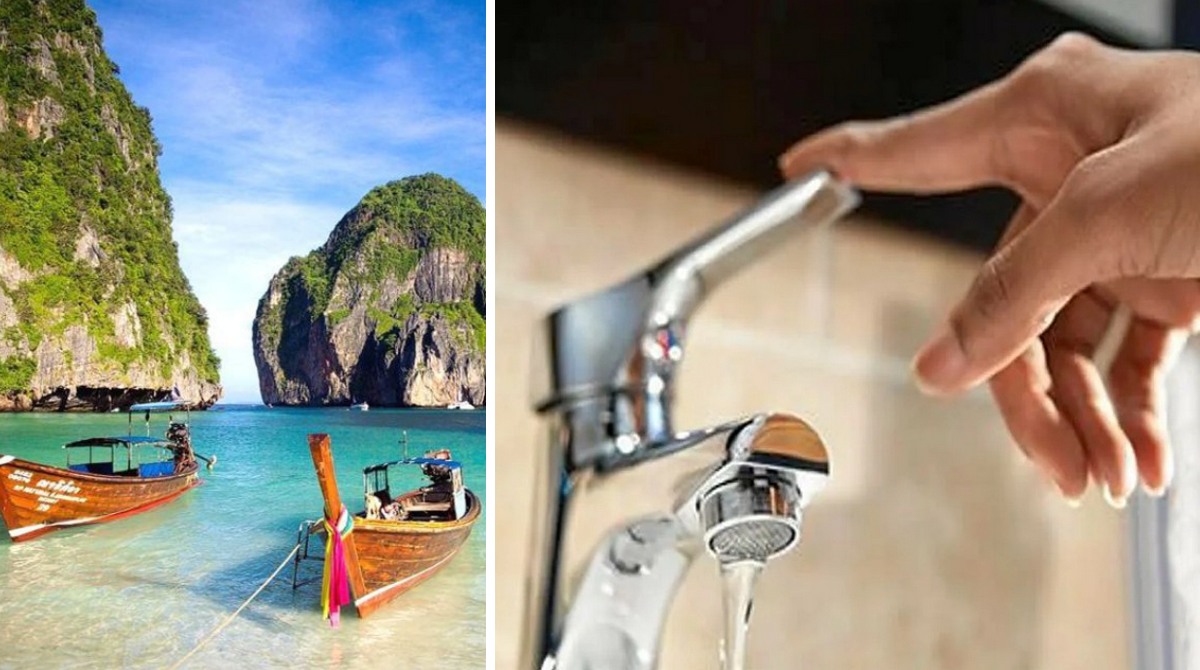A serious problem has arisen on the popular Thai island, in connection with this, tourists in Phuket hotels were urged to wash faster and change towels less often on vacation to save water due to its shortage.
As it turned out, due to the increase in the number of vacationers, the consumption of valuable fresh water is increasing. The local authorities are sure that the counters installed in the showers will help to cope with the shortage of natural resources.
The Office of National Water Resources (ONWR) is understood to have contracted with hotels on the popular resort island to implement measures to conserve water and combat water shortages, Phuket News reported. First in line are large chain hotels.
Problems with the supply and purification of water are becoming more and more urgent in Phuket, especially with the increase in the number of tourists, which naturally increases the consumption of water resources. One of the local options for solving this problem is the construction of canals to store water instead of dumping it into the sea. It is assumed that these channels will have water gates to contain the liquid.
The agency also proposed installing water meters in hotel showers so that guests and staff can see and monitor their water consumption in real-time. It is believed that the new measures will be part of the sustainable tourism campaign initiated by Phuket and promote a careful attitude towards water resources. In addition, hotels were supposed to encourage tourists not to change towels every day, which would also help save fresh water on the island.
Beyond this initiative, the resort province is also considering options to increase water resources. The idea of needing another reservoir capable of holding more water was also expressed by the island’s representatives to deal with the water shortage and ensure the sustainable development of the region. As the president of the Phuket Chamber of Commerce specified, there are currently three such reservoirs in the region — they are capable of holding 21 million cubic meters. liters of water, but a province with a growing tourist flow needs much more – 80 million liters of water per year.

